COVID-19 Vaccines
Who Should and Should Not Take the COVID-19 Vaccine?
2 min read
By Apollo 24/7, Published on - 25 January 2021, Updated on - 18 October 2022
Share this article
0
5 likes
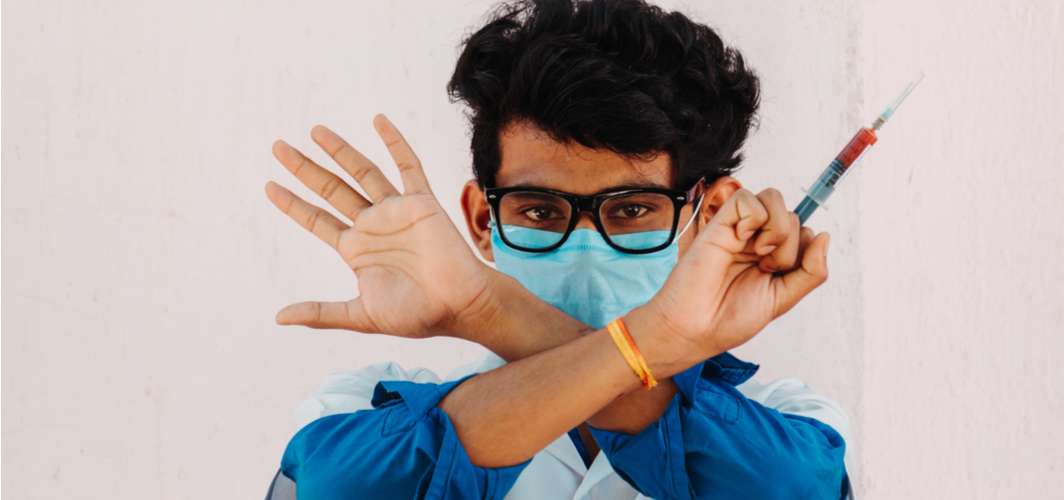
Who can receive the COVID-19 vaccine?
- People aged 18 and above
- People with a past history of SARS-CoV-2 infection (seropositivity) and/or RT-PCR positive illness (but healthy now)
- People with a history of chronic diseases and morbidities (cardiac, neurological, pulmonary, renal, malignancies and metabolic conditions like diabetes).
Who should delay getting the COVID-19 vaccine?
- People who have active symptoms of the SARS-CoV-2 infection
- People who have been given anti-SARS-CoV-2 monoclonal antibodies and convalescent plasma
- Acutely unwell and hospitalized (with or without intensive care) patients with any illness.
Who should avoid getting the COVID-19 vaccine?
- People with fever
- Lactating mothers
- Pregnant/suspected pregnant women
- People with bleeding disorders and those taking blood thinners
- People who have an allergic reaction to the first dose of the COVID-19 vaccine
- People with a history of an allergic reaction to the vaccines, injectable therapies, therapeutic products, and food items
- People who are immunocompromised or are taking medicines that affect the immune system (this aspect could differ based on the specific vaccine being administered and the beneficiary is therefore encouraged to clarify at the vaccination site).
Conclusion
COVID-19 Vaccines
Leave Comment
Recommended for you
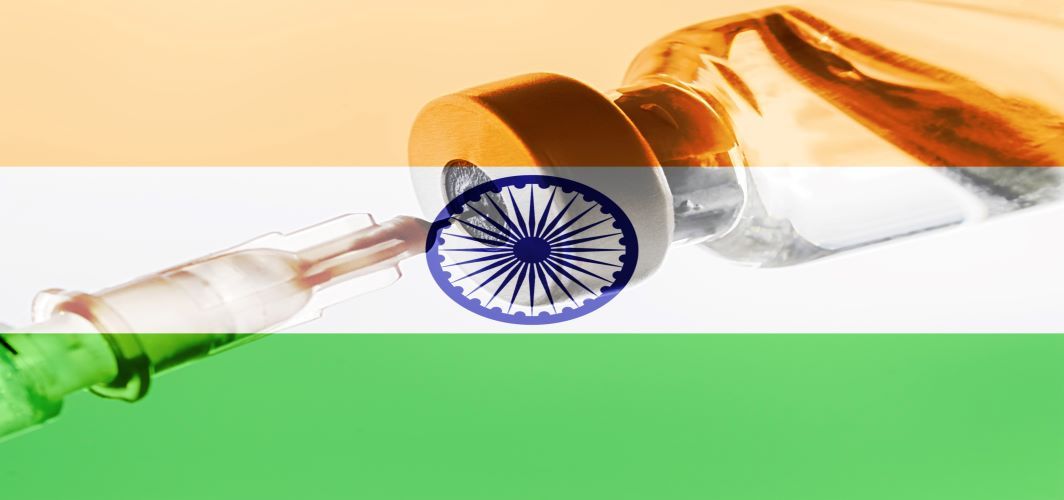
COVID-19 Vaccines
COVID-19 Vaccine: Opportunities and Challenges for India
India will play a strategic and central role in the global supply and distribution of various possible COVID-19 shots. However, the country will also likely face immense logistical challenges.
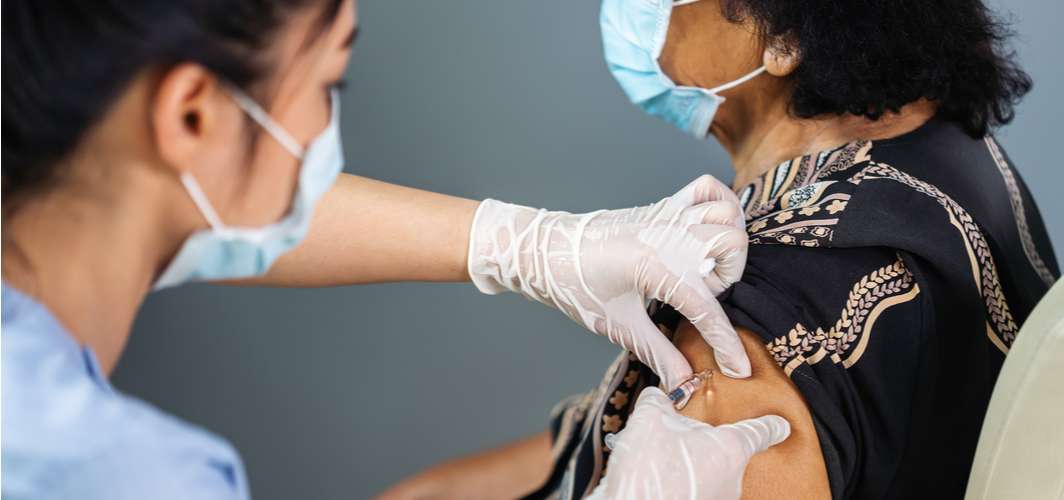
COVID-19 Vaccines
Dosage interval of Covishield vaccine revised to 4 to 8 weeks
The dosage interval of Covishield vaccine has been revised to 4 to 8 weeks after the 1st dose instead of the earlier practised interval of 4-6 weeks.
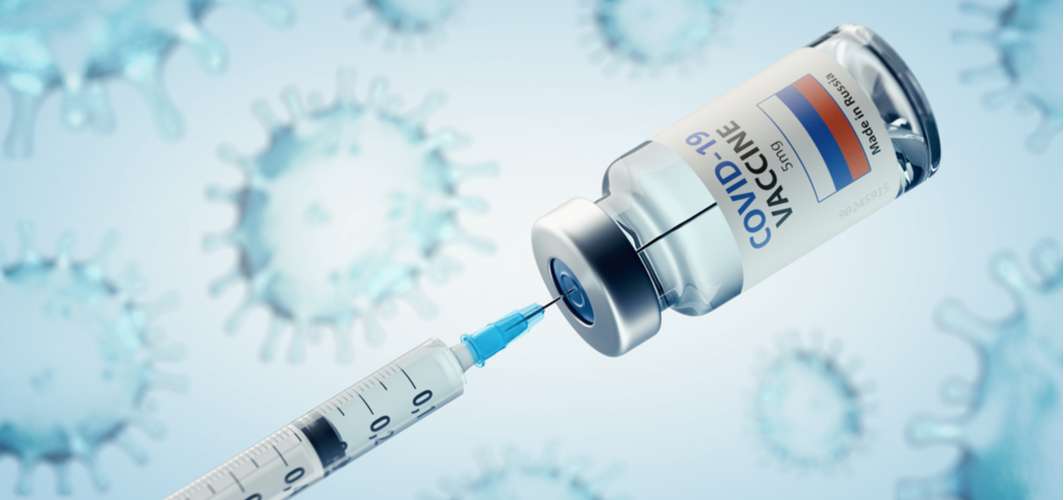
COVID-19 Vaccines
User manual for citizen registration and appointment for COVID-19 vaccination
The Government of India has recently shared a user manual for registration and appointment for COVID-19 vaccination.
Subscribe
Sign up for our free Health Library Daily Newsletter
Get doctor-approved health tips, news, and more.
Visual Stories
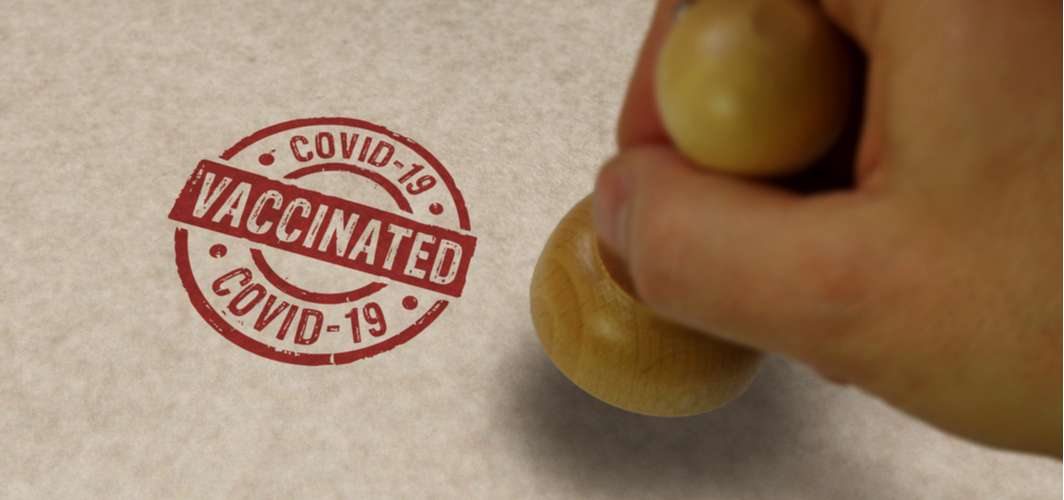
COVID-19 Vaccine Roundup [22.03.2021]
Tap to continue exploring
Recommended for you

COVID-19 Vaccines
COVID-19 Vaccine: Opportunities and Challenges for India
India will play a strategic and central role in the global supply and distribution of various possible COVID-19 shots. However, the country will also likely face immense logistical challenges.

COVID-19 Vaccines
Dosage interval of Covishield vaccine revised to 4 to 8 weeks
The dosage interval of Covishield vaccine has been revised to 4 to 8 weeks after the 1st dose instead of the earlier practised interval of 4-6 weeks.

COVID-19 Vaccines
User manual for citizen registration and appointment for COVID-19 vaccination
The Government of India has recently shared a user manual for registration and appointment for COVID-19 vaccination.